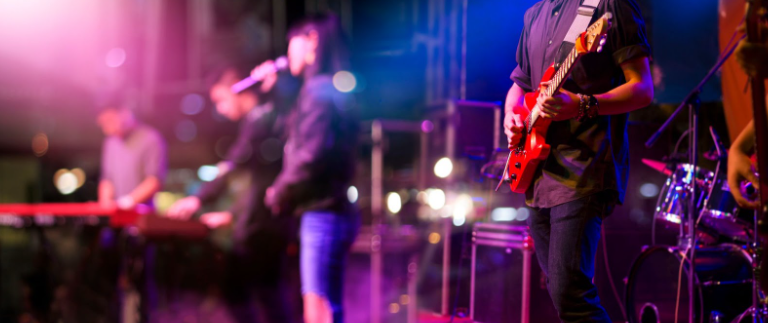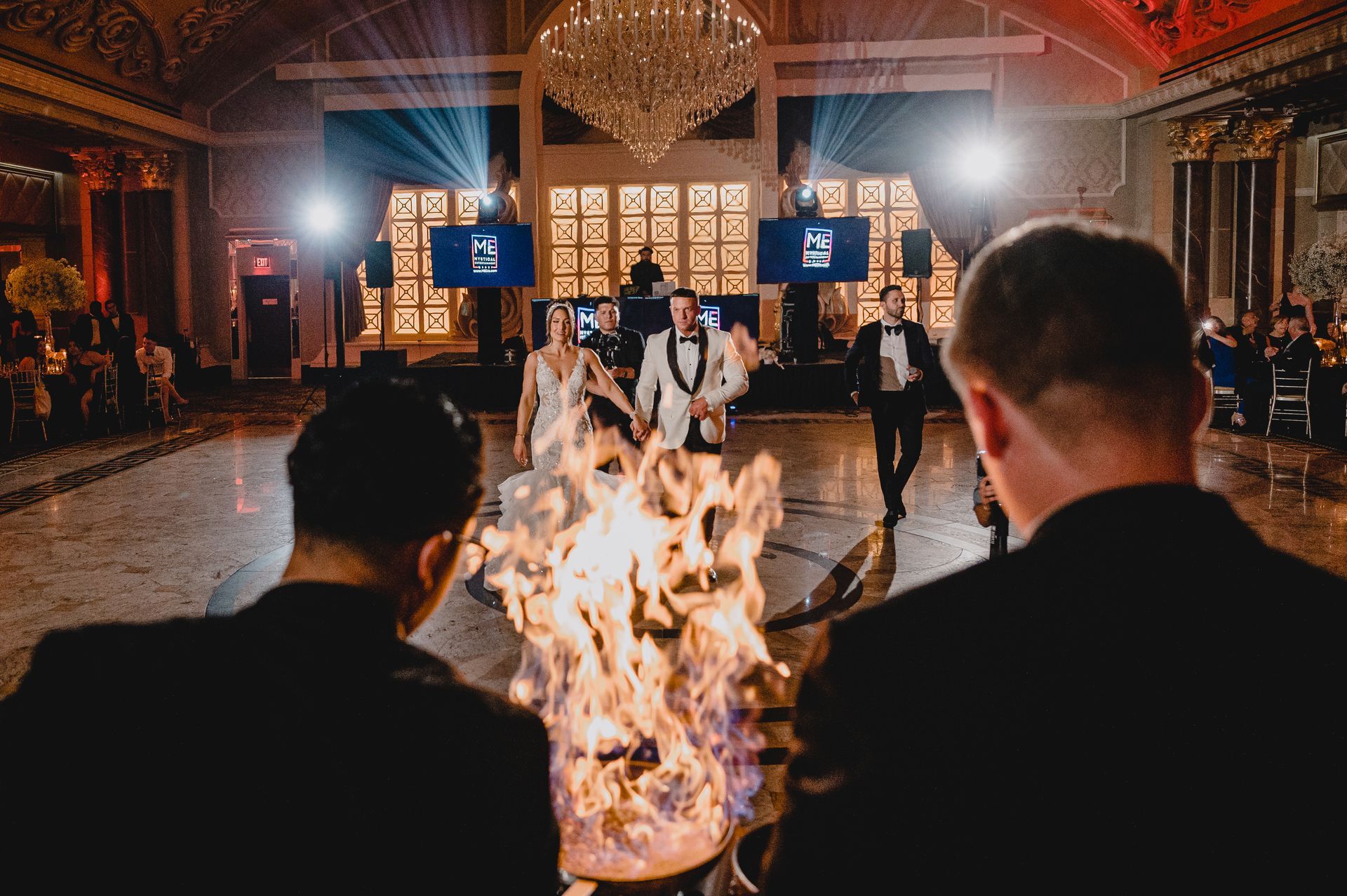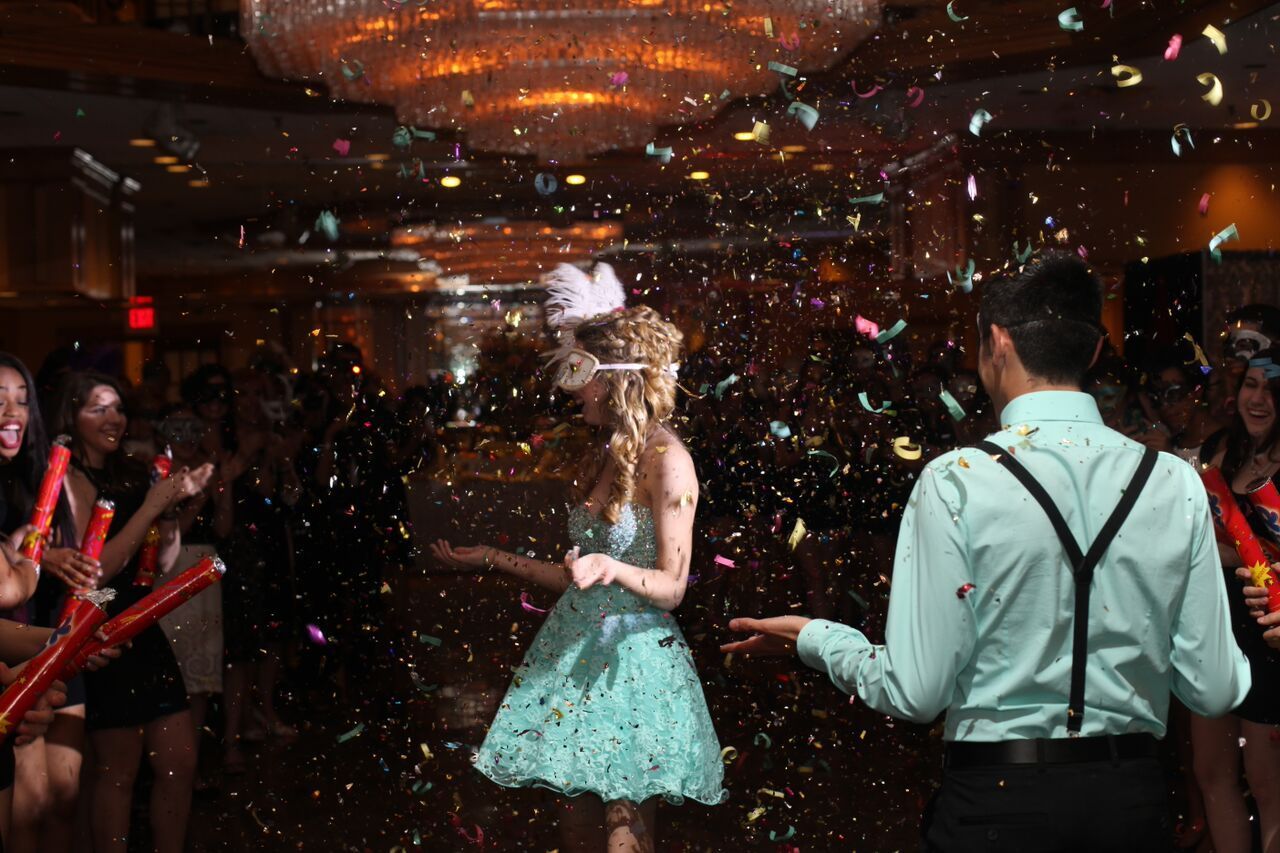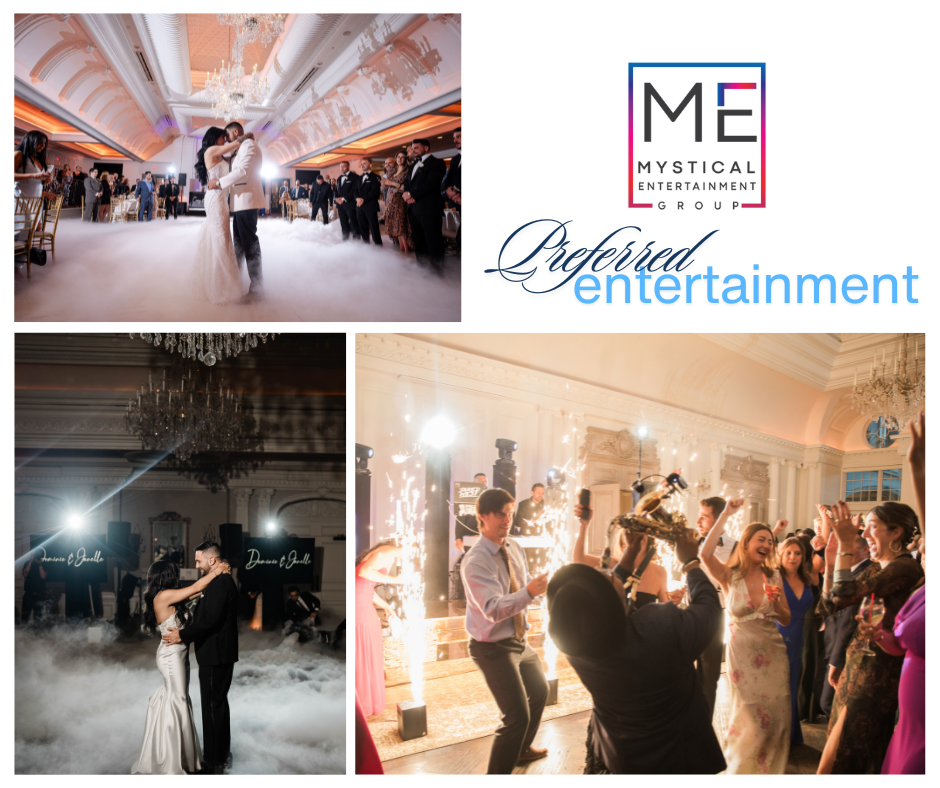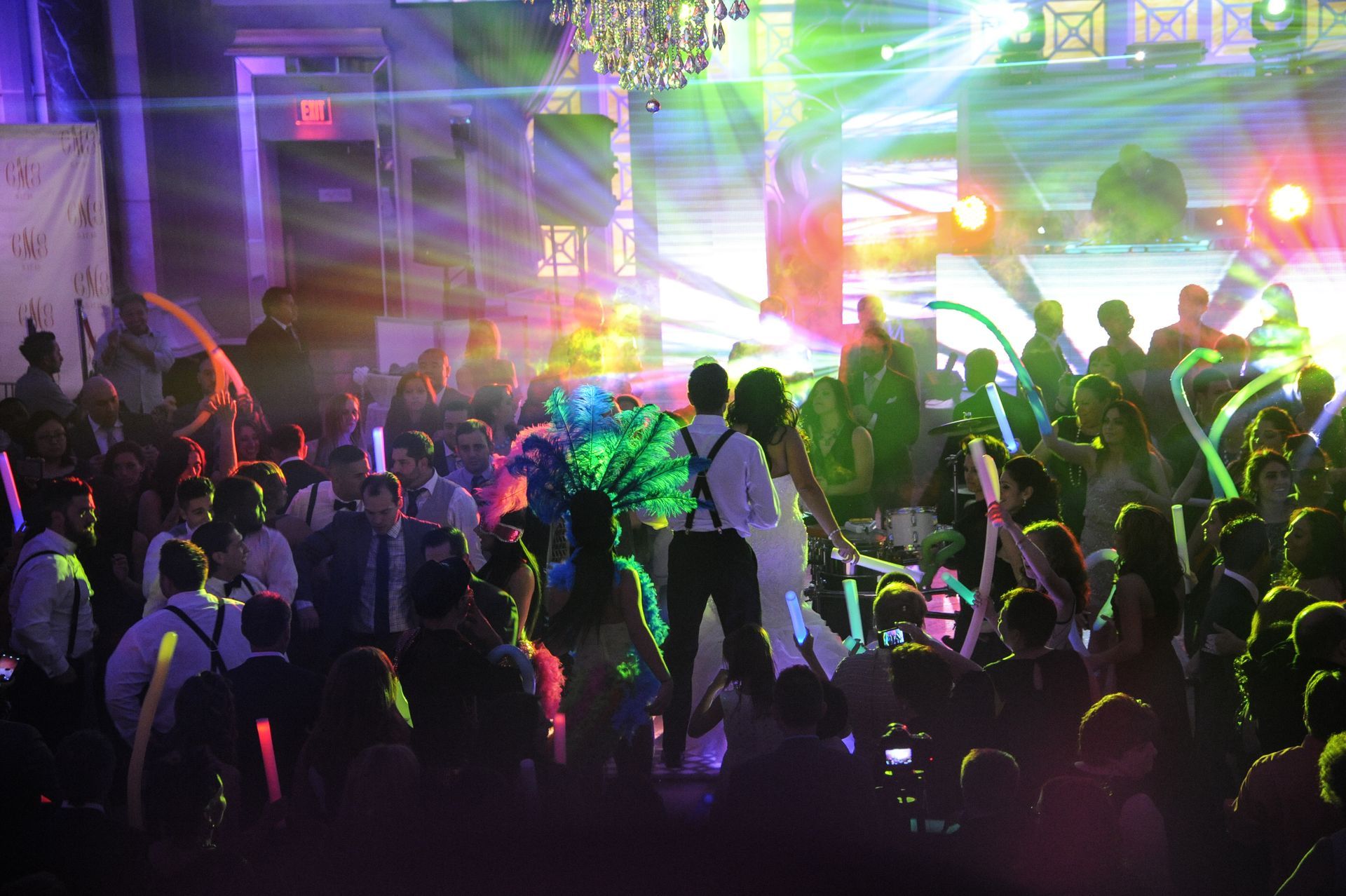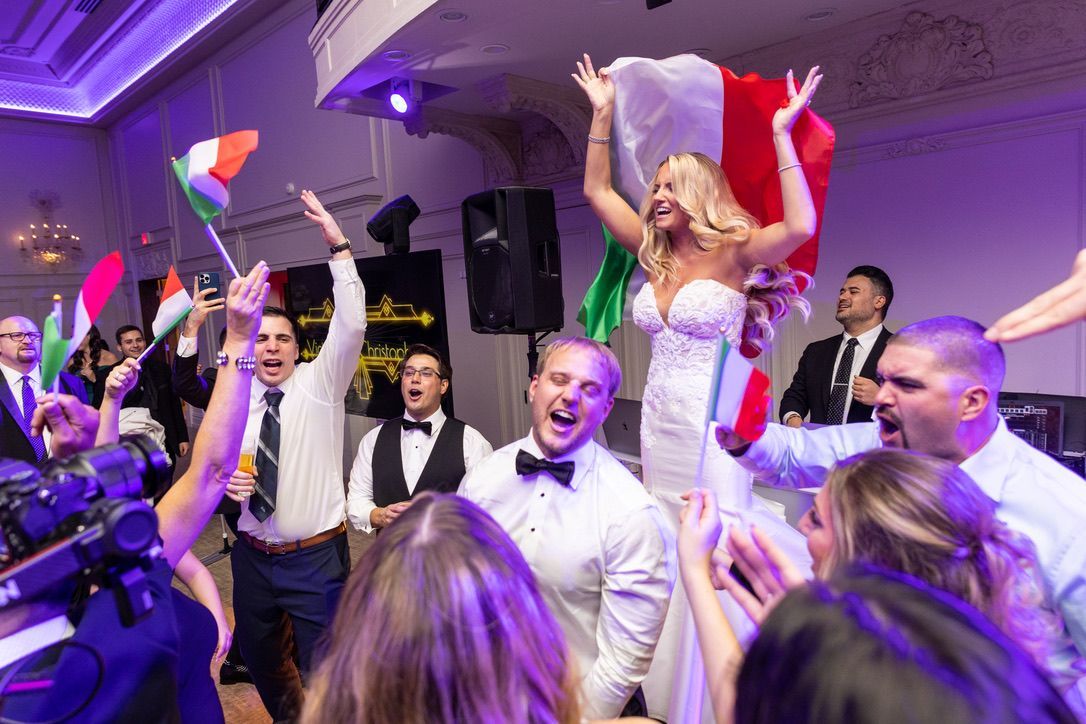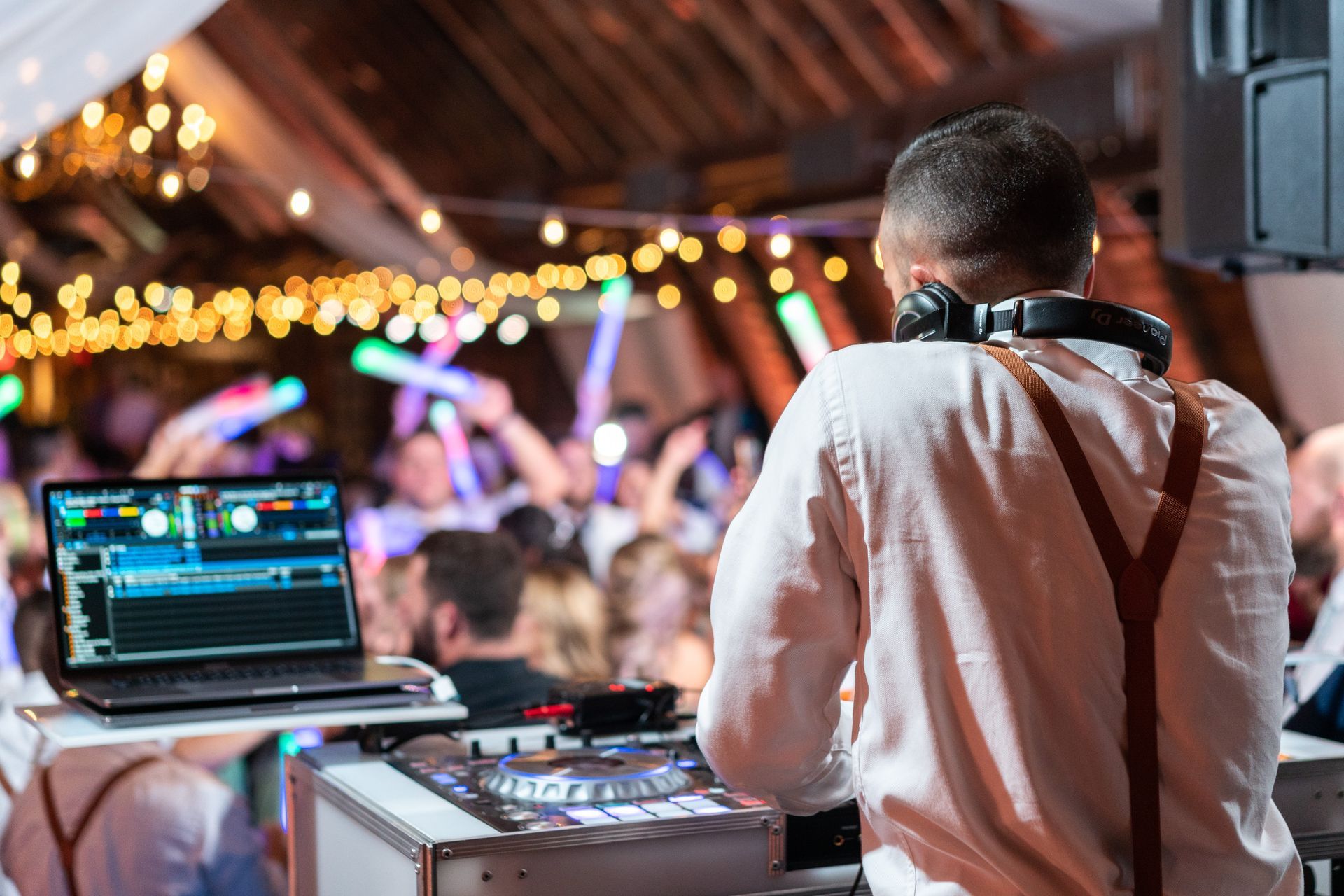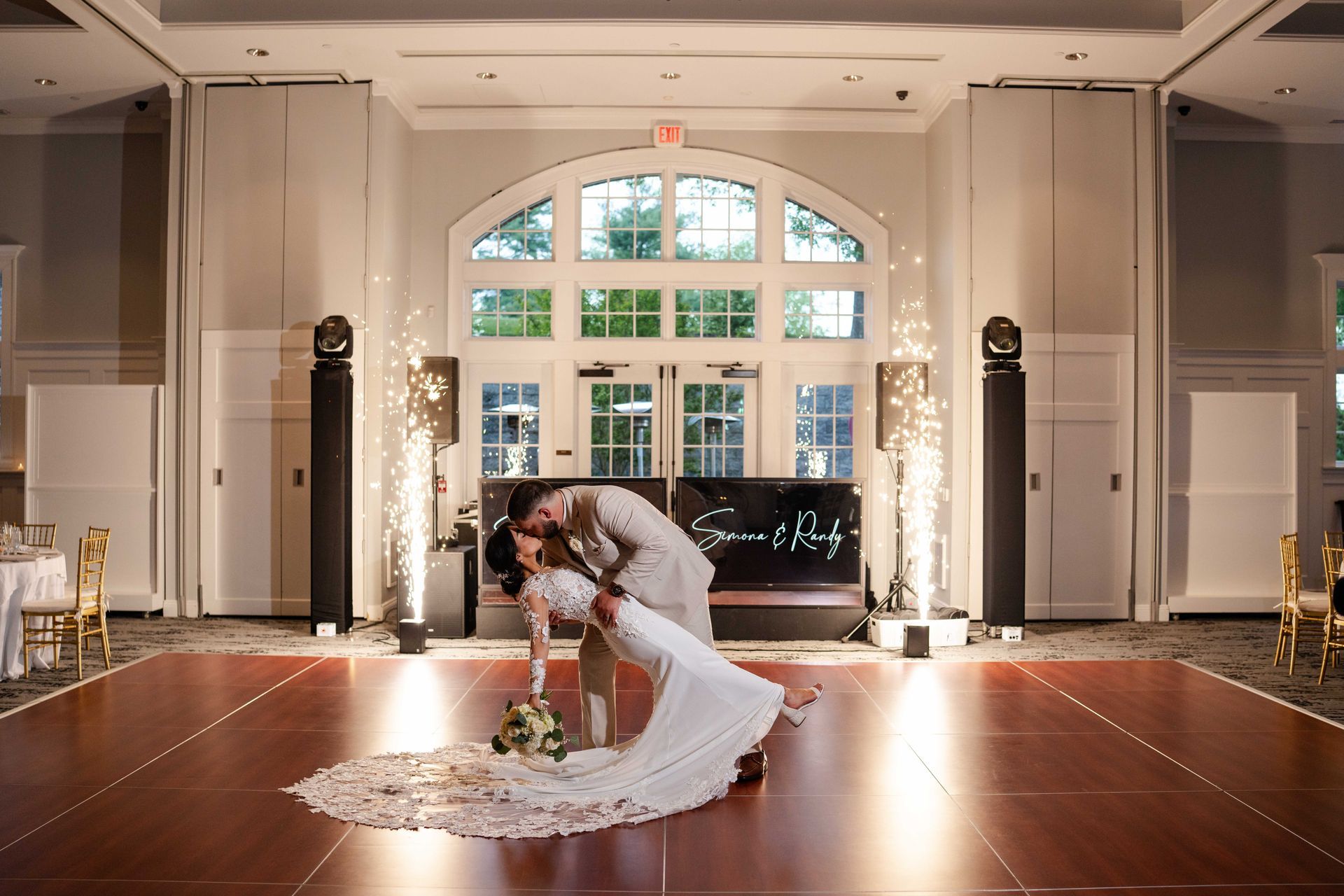BLOG

Wedding attire holds profound significance across cultures, often embodying centuries of tradition and the essence of a heritage. In many societies, the garments worn on a wedding day carry as much symbolic weight as the ceremony itself. Consequently, couples today are inspired to honor their roots by integrating traditional elements into their wedding apparel. Modern weddings present a canvas where cultural attire can be re-imagined, blending ancient motifs with contemporary fashion. For those with diverse backgrounds, the wedding ensemble becomes an artful meld of patterns, fabrics, and accessories, each piece a tribute to a shared ancestral tapestry.
Strategies for incorporating traditional attire into modern celebrations vary widely. Some choose to adorn classic wedding dresses or suits with accessories such as stoles, jewelry, or headpieces from their culture. Others may opt for a costume change, wearing cultural garments for the ceremony and transitioning to modern attire for the reception. This practice not only honors heritage but also adds an element of visual storytelling to the occasion.
Couples blending different cultures face unique opportunities to create a singular look that celebrates both backgrounds. They might merge elements from each culture’s wedding clothing or alternate between the two styles during different parts of the celebration. This approach fosters a deep sense of inclusivity and honors the full spectrum of their shared cultural landscape.
Celebrating with Time-Honored Customs
Cultural wedding customs are as varied as the countries and communities from which they originate. Many of these time-honored traditions are imbued with symbolism, intended to bring luck, fertility, and prosperity to the couple’s union. Contemporary weddings often see these customs adapted to fit today’s nuptial celebrations, with an eye for respecting the tradition’s roots while making it relatable to a modern audience.
A crucial aspect of these customs is the role of family members, who are traditionally responsible for passing down these practices from one generation to the next. In many cases, family elders participate in the ceremony, imparting blessings and conducting rituals that have been in the family for years. Such involvement not only adds authenticity to the customs but also serves to strengthen familial bonds within the context of the wedding.
The Rhythms of Romance: Music and Dance
Music and dance are foundational in creating a memorable wedding atmosphere, with each culture offering unique contributions that reflect its spirit and history. The melodies and rhythms played during wedding ceremonies and receptions can evoke powerful emotions and forge a connection to heritage. Studies have shown that cultural music, in particular, can have a significant impact on how traditions are experienced and remembered at weddings.
Many weddings incorporate traditional dances into the celebration, inviting guests to participate in a centuries-old communal experience. From the lively steps of an Irish jig to the elegant procession of an Indian sangeet, these dances offer a chance for couples to share a significant piece of their culture.
For authenticity in cultural representation, it is important to seek out experts, such as experienced DJs or dance instructors, who specialize in the couple’s specific cultural music and dance. This ensures that the elements included in the wedding are both enjoyed and presented in a respectful and accurate light.
Ceremonial Fusion: Honoring Diverse Heritages
Planning a wedding that honors diverse heritages can be a complex but rewarding endeavor. Couples may decide to incorporate multiple ceremonies to fully represent each culture. The key lies in creating a balanced, cohesive experience that honors both backgrounds equally, without any one tradition overpowering the other.
Symbolic gestures and rituals play a significant role in unifying these diverse backgrounds. Whether it is the mixing of sands to symbolize the joining of families or a dual-language reading that reflects the merging of two distinct cultures, these acts serve as powerful visual and emotional representations of unity in diversity.
Fostering an inclusive ceremony that respects all cultural traditions involved not only pays homage to each individual’s heritage but also sets a respectful and welcoming tone for the life the couple will build together.
Intercultural Nuptials: Guidance on Planning
Intercultural weddings come with unique challenges that require careful navigation. Among the most important aspects is the respectful blending of traditions. Experts often suggest transparency and communication with both families to understand which traditions are most meaningful. Deliberate planning is vital, with a focus on sensitivity to both cultures and finding common ground where traditions can be merged with grace and mutual respect.
Seamlessly integrating traditions also calls for a flexible mindset, where couples can creatively adapt customs that might appear incompatible at first glance. Professionals in the wedding planning industry can offer a wealth of advice on this—guiding couples on how to interweave their cultures into a single unified celebration that honors their diverse backgrounds.
Couples often encounter hurdles such as language barriers or varying expectations of wedding formalities. Addressing these issues with elegance involves clear communication, often facilitated by a skilled wedding planner or coordinator. This professional can help circumvent misunderstandings and ensure both families feel included and respected throughout the process.
Delicacies of Diversity: Catering to Cultural Tastes
Food is a central facet of cultural expression, and weddings are an ideal opportunity to showcase the richness of both familial traditions. Cuisine-specific to a culture can evoke nostalgia, celebrate heritage, and provide guests with an authentic taste of the couple’s backgrounds.
Couples can
work closely with caterers to craft a menu that represents their distinct heritages. This process often involves tasting sessions and discussions about traditional dishes that can be featured or fused. It’s not uncommon for wedding menus to offer an array of dishes that cater to different palates, symbolizing the union of cultures.
Additionally, managing dietary restrictions with a cultural touch is imperative, ensuring every guest can participate in the culinary experience. Special attention to dietary laws and preferences such as kosher, halal, vegetarian, or vegan options must be considered and is often appreciated by those with specific cultural or health-related food requirements.
Creating a Culturally Rich Ambience
Decorations at a wedding are more than just visually appealing—they can tell the story of a couple’s heritage. Consideration should be given to colors, symbols, and decor elements that are representative of each culture. From the floral arrangements to the table settings, every detail can contribute to the celebration’s cultural narrative.
Event services play an essential role in creating this ambience. Companies like Mystical Entertainment Group often provide enhancements that can customize the setting to fit a specific theme or cultural identity. Whether it's through specialized lighting, traditional centerpieces, or ethnic backdrops, these details help immerse guests in the cultural experience of the wedding.
Incorporating personal touches such as family heirlooms, photographs, or even handwritten stories about the significance of various elements, further connects the guests to the couple’s unique cultural backgrounds, creating a sense of intimacy and authenticity.
Embracing and Educating Guests on Cultural Practices
Engaging guests in the cultural aspects of the wedding not only enriches their experience but also fosters a deeper understanding and appreciation of varied traditions. Providing brief explanations or printed programs detailing the significance of certain rituals can help guests connect with the celebration on a more profound level.
When hosting an intercultural wedding, it’s important to strategize on how to include all guests without making anyone feel like an outsider. Activities that encourage participation and interactive elements such as cultural games or dance lessons can serve as a bridge between different practices and guests.
An enjoyable and meaningful experience for guests of all backgrounds is the cornerstone of a successful intercultural wedding. Facilitating this requires conscious planning and, at times, educating attendees on what to expect.
If you're inspired to weave your cultural heritage into an unforgettable wedding experience, let Mystical Entertainment Group guide your journey. Our expertise in diverse celebrations ensures your traditions are showcased with authenticity and elegance. Reach out to us for personalized event planning that honors your unique story.

